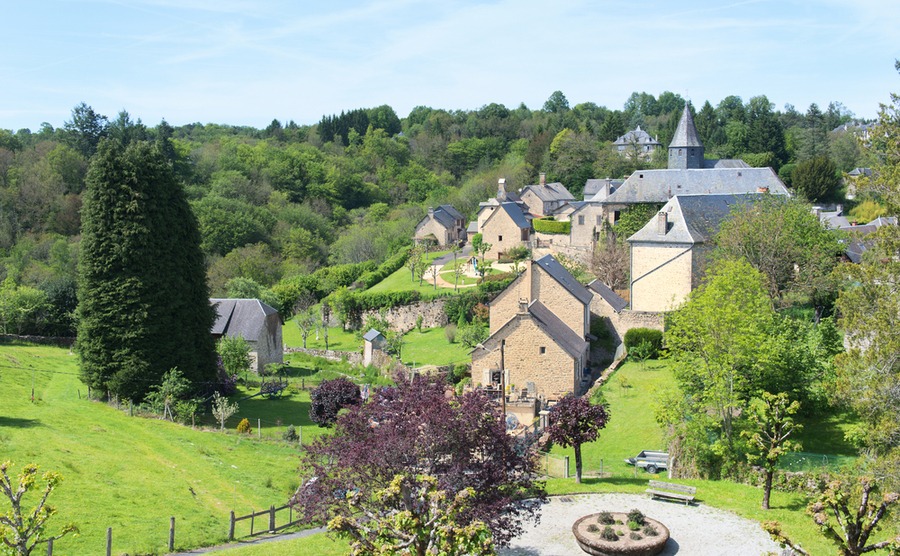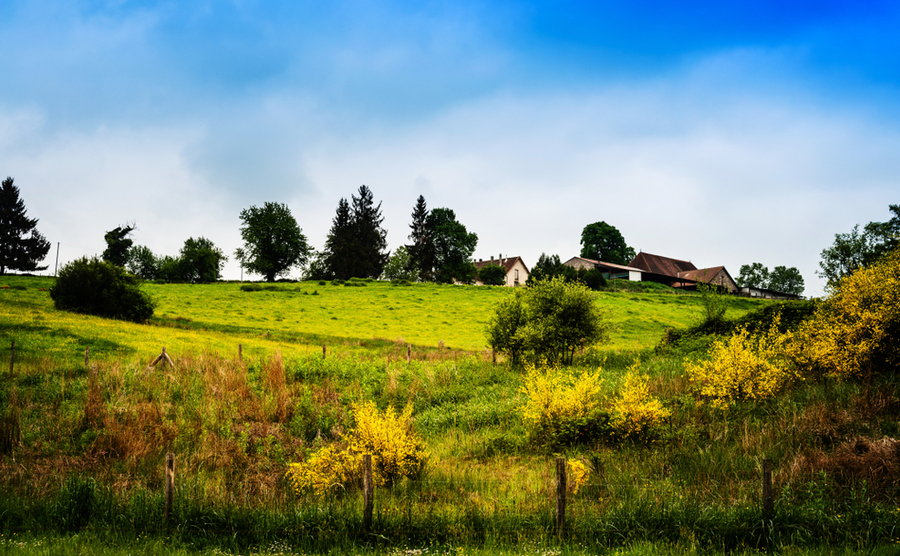Buying property in Haute-Vienne

If you like Nouvelle-Aquitaine, consider buying property in one of its prettiest departments, Haute-Vienne. It’s a rural gem with affordable homes.
Haute-Vienne is popular with international buyers. It’s inland, in central France but slightly towards the west and a long but doable drive from the Channel ports in one day.
A rural department, it has one large city, Limoges, with its 130,000 residents being a third of the whole population. None of its other towns has more than 12,000 people, so its villages and country homes are the most popular.
Why buy property in Haute-Vienne?
The beauty of the Haute-Vienne lies in its location. The department has lots of greenery, meadows and gardens to meander in. If it’s an affordable country home you’re after, this is rural France at its finest.
The department is a popular second-home and holiday-home location, especially for UK buyers, who can make the journey by car or plane. Most residents will need a car in Haute-Vienne as there are lots of small hamlets and villages with few amenities, so you’d have to travel to the nearest town for more niche stores, be that Poitiers, Bergerac or Limoges.
The climate is mostly pleasant in Haute-Vienne and it enjoys warm, sultry summers and cold winters, but sunshine usually prevails!
Haute-Vienne is ideal for outdoorsy people as there’s lots to do and explore. From river rafting to hiking and cycling.
There are also a number of villages in Haute-Vienne that are truly picturesque. They include Mortemart, Rochechouart, Dournazac and Bellac.

Landscape in Haute-Vienne Limousin, France
What can you buy for your money in Haute-Vienne?
Property in Haute-Vienne varies but two styles of home are more popular with international buyers than most: the traditional French farmhouse and the village home.
When you see beautiful homes in France, built of stone, with attractive shutters and a huge garden, and all at €100,000 to €200,000, they could well be in the Haute-Vienne. There are renovation projects for half that amount.
Small towns include Saint-Junien, close to the tragic town of Oradour-sur-Glane, with other towns such as Panazol popular for commuters to Limoges.
Limoges is known as an industrial city – home of France’s porcelain trade. But it has an attractive riverfront on the Vienne River and a medieval quarter of timber-framed houses. As a university city it is lively and offers some investment potential. The notaires’ most recent property report shows older houses with an average price of €193,000 and apartments at €1,550 per square metre.
Steps to buying property in Haute-Vienne
- Define your criteria: Determine what you’re looking for in terms of property type, location, budget and must-have features.
- Research: Use online resources, visit local real estate agencies and explore the area to find properties that match your criteria. Book your place at the Your Overseas Home Virtual Event.
- Speak to a currency expert: Moving exchange rates is a risk in international property purchases, so discuss managing that risk with a forward contract that fixes your exchange rate.
- Legal considerations: Familiarise yourself with the French property buying process, including the role of the notaire, who handles the legal aspects of the sale. Contact an independent lawyer at this stage.
- Financing: Investigate mortgage options if required. French banks offer loans to non-residents, but it’s advisable to compare rates and terms.
- Book your viewing/scouting trip: Download the guide, contact estate agents and book your tickets.
- Making an offer: Once you find a property you like, you can make an offer. If accepted, you’ll sign a preliminary contract (compromis de vente or a promesse de vente) and pay a deposit.
- Completion: The final sale is completed when the acte de vente is signed at the notaire’s office, and the balance of the purchase price is paid.
Costs of buying property in Haute-Vienne
When buying property in Haute-Vienne, the buyer is responsible for notaire fees, which average 7-8% of the property price (or 2-3% for new homes) and will have to also consider estate agent fees (although often included in the property price) and homeowner taxes.
You may also like:

